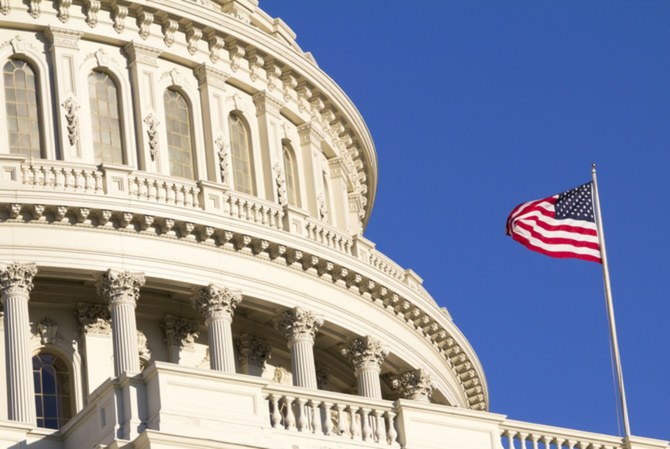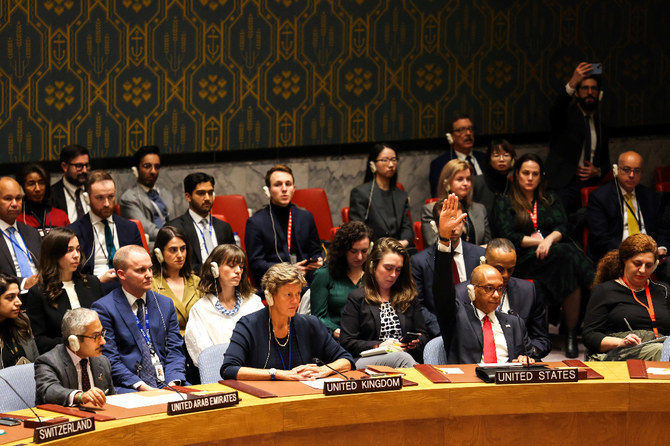
Recent debates between Republican presidential candidates, as well as Donald Trump’s election campaign, have renewed questions about whether the Republican Party is embracing isolationism in its foreign policy. Historically, both the right and left wings of US politics have had isolationist tendencies, but the concept of isolationism varies across time and ideological orientation.
There is no consensus on exactly what isolationism means, but it generally involves some form of keeping the US out of the military and political affairs of the rest of the world. Except for the Western Hemisphere. Except for defending global commerce. Except when national security interests are at stake. There are so many exceptions cited by different actors at different points in history that isolationism has become a very fuzzy term.
Some scholars argue that US foreign policy was isolationist from the country’s founding until the Spanish-American War of 1898, but others disagree. Some of the country’s most influential early leaders warned against US involvement in overseas entanglements. For decades, US leaders focused on western expansion and domestic issues, but with enough exceptions to prompt debate over whether they practiced isolationism.
In the years between the First World War and the Second World War, the country was weary of economic woes and suspicious of being dragged into a new war in Europe. That period is often considered the peak of US isolationism. However, after the Second World War, Washington pursued an assertive, global approach to foreign affairs, playing a crucial role in building the modern international system and extending its military and economic power around the entire world.
Multiple factors have led to a decline in public trust in foreign policy leaders and the traditional postwar approach
Kerry Boyd Anderson
Today, many Americans feel a growing sense of disillusionment with this global approach. Multiple factors — such as the Vietnam War, the end of the Cold War and two decades of conflict in Afghanistan and Iraq — have led to a decline in public trust in foreign policy leaders and the traditional postwar approach to foreign policy. In the view of some experts, Trump’s presidency and “America First” slogan (which has a long history in the US) formed a new wave of isolationism.
Trump’s rhetoric reflected the feelings of many Americans, especially on the political right. He spoke to their distrust of government elites and their suspicions that the global system allows other countries to take advantage of the US. Many voters are tired of sending money abroad rather than investing it at home. Trump also promised to withdraw troops from Afghanistan, as many Americans no longer saw the point in spending so much blood and treasure for no clear result. Trump emphasized prioritizing the protection of US borders from illegal immigration rather than helping other countries defend their borders. As previous right- and left-wing politicians have done, Trump blamed globalization for stealing American jobs.
However, as president and now as a candidate, Trump embraces a hawkish form of unilateralism that diverges significantly from isolationism. Some of his positions — such as rejecting the value of alliances and the international system — might appear isolationist, but a profoundly unilateral instinct drives that disdain for international commitments. Trump and his supporters believe that the US should pursue its interests however it wants, whenever it wants and wherever it wants — with no restraints due to global norms, international laws or allies’ concerns.
Rather than arguing that the country should restrict its foreign policy to protecting global commerce and US borders, Trump’s brand of America First enthusiastically supports using military and economic force abroad in the pursuit of US interests.
The left tends to support military isolationism while embracing global diplomacy, while the right tends to take the opposite approach
Kerry Boyd Anderson
Some Republican leaders still take a more traditional — though hawkish — approach to foreign policy. Nikki Haley, a presidential candidate and former ambassador to the UN, is a key example. However, the Republican electorate appears to increasingly support a mix of aggressive unilateral power projection and an increased desire to focus resources at home.
The left wing of the political spectrum, often referred to as “progressive,” also has isolationist tendencies that have gained momentum in the wake of the wars in Afghanistan and Iraq. Progressives share some commonalities with the right wing in foreign policy — particularly an emphasis on spending less abroad and more at home, as well as concern that economic globalization has hurt American workers.
But the drivers behind progressives’ views are very different. They want to focus resources on addressing domestic issues like poverty and inequality, rather than on military expenditures. Some progressives believe that the US can more effectively promote values like democracy and human rights by serving as an example rather than by actively trying to spread those values to other countries.
However, while progressives support major reductions in the country’s global military footprint, they tend to favor using US diplomatic resources to help address global problems, such as climate change and pandemics. In reality, rather than either side of the political spectrum adopting full isolationism, the left tends to support military isolationism while embracing global diplomacy, while the right tends to take the opposite approach.
Isolationist instincts have gained strength in recent years on both the left and right wings of US politics. Polls show that Americans are more skeptical about spending resources abroad and engaging in military interventions, but also that majorities support a strong military and US leadership abroad. Even when America historically embraced so-called isolationism, its people have always remained engaged with the rest of the world. Given the global scale of modern problems, even American isolationists are not calling for true isolation.
Kerry Boyd Anderson is a professional analyst of international security issues and Middle East political and business risk. X: @KBAresearch












